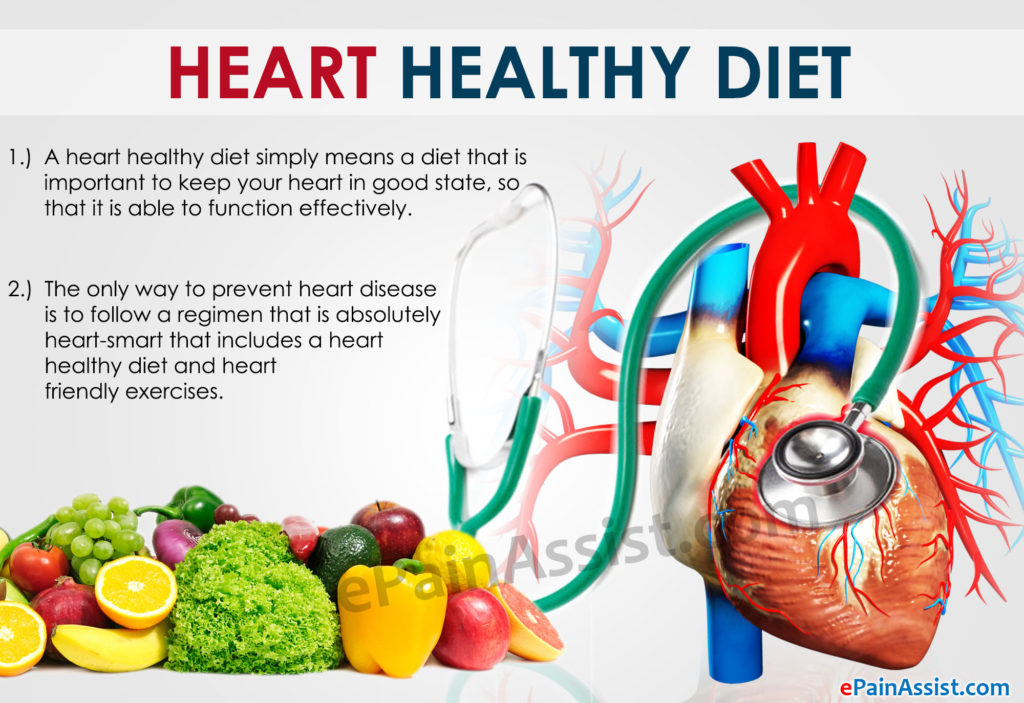In today’s fast-paced world, we often forget to consume a diet that’s nutritious and healthy. This vicious cycle of unhealthy eating can have a detrimental effect on the heart, and other important organs. You must take time out of your day to plan out your meals to ensure you tick off all the nutrients on the list.
Here are some tips to help you inculcate a heart-healthy diet into your lifestyle:
- Control your portion size
Controlling your portion size is especially important if you are eating processed/ fast foods. Consume larger portions of low-calorie, nutrient-dense foods, such as vegetables and fruits. Eat small portions of high-calorie, nutrient-less foods, such as fast food. Make sure you eat smaller-sized meals throughout the day. This can be achieved by using a small plate/ bowl for your meals.
- Choose whole grains
Whole grains are known for its rich fiber content. They play a vital role in regulating your body’s blood pressure and heart health. You can simply substitute refined grain products, such as white bread or white flour with whole-grain bread and whole wheat flour. You can also opt for brown rice, high fiber cereal, quinoa, and more.
- Consume more vegetables and fruits.
It’s no secret that vegetables and fruits provide a plethora of nutrients whilst being low in calories. It is believed that eating more vegetables and fruits can keep you full for a long period; hence, leaving no room for unnecessary snacking.
Several experts stand by the fact that plant-based foods lower your risk of cardiovascular diseases. According to WHO, heart diseases have contributed to the most number of deaths in the world for several years. Thus, it is imperative to understand and identify early signs and symptoms of heart block, cardiac arrest, stroke, and other related cardiovascular diseases. Early detection is key to preventing any heart-related problem.
- Reduce sodium in your meals.
Excess salt can contribute to elevated blood pressure levels- a risk factor for developing heart diseases. Controlling the amount of sodium in your meal is crucial to lead a heart-healthy lifestyle. Although reducing the amount of salt in your home-cooked meals is a good first step, most of the sodium comes from processed/ packaged foods, such as chips, instant noodles, and more. Cutting down on packaged foods can go a long way in reducing your overall sodium consumption.
- Meal Plan!
Now that you know what foods to include and avoid in your diet, strategize and create a meal plan that suits you. Create daily menus that consist mostly of whole grains, vegetables, fruits, and other nutrient-dense foods. If you need to buy processed foods, be sure to check the label for low sodium content. As mentioned earlier, watch your portion sizes and split your meals into smaller portions throughout the day.
Although easier said than done, it’s understandable to be intimidated by the process of meal planning, especially if you are trying to break unhealthy eating habits. It is recommended that you book an online doctor consultation with a dietitian to get personalized advice on meal planning to kickstart your journey towards leading a heart-healthy life!
